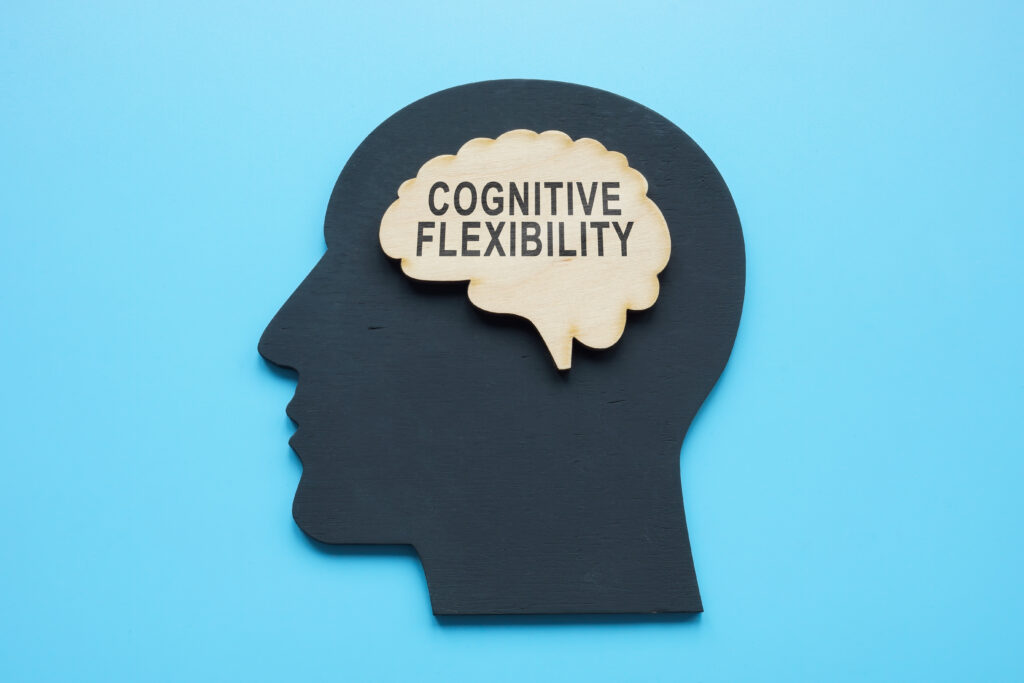Alzheimer’s disease is a progressive neurodegenerative disorder that affects millions of people worldwide. It primarily targets the brain, causing memory loss, confusion, and difficulty with daily tasks. As the disease progresses, individuals with Alzheimer’s may also experience changes in behavior and personality. One area of concern in Alzheimer’s disease is moral reasoning, which refers to an individual’s ability to make ethical and moral decisions.
Moral reasoning is an essential aspect of our lives, as it allows us to navigate through complex situations and make decisions that align with our values and beliefs. However, in individuals with Alzheimer’s disease, this ability can become impaired, leading to significant changes in behavior and decision-making.
The Impact of Alzheimer’s on the Brain
To understand how Alzheimer’s disease affects moral reasoning, we must first understand how the disease impacts the brain. Alzheimer’s is characterized by the buildup of two abnormal proteins, beta-amyloid and tau, in the brain. These proteins form plaques and tangles, which disrupt the normal functioning of brain cells and ultimately lead to their death.
The parts of the brain most affected by Alzheimer’s are the hippocampus, which is responsible for memory, and the prefrontal cortex, which controls decision-making and judgment. As these areas shrink and deteriorate, individuals with Alzheimer’s may struggle to remember past experiences or apply logical reasoning when making decisions.
How Alzheimer’s Affects Moral Reasoning
In the early stages of Alzheimer’s disease, individuals may experience subtle changes in moral reasoning, such as difficulty understanding abstract concepts or interpreting social cues. As the disease progresses, these changes can become more pronounced and have a significant impact on an individual’s behavior and decision-making abilities.
One of the ways Alzheimer’s affects moral reasoning is by impairing an individual’s ability to consider the consequences of their actions. This can lead to impulsive and reckless behavior, such as spending large amounts of money or engaging in risky activities without considering the potential consequences.
In addition, individuals with Alzheimer’s may have difficulty understanding moral dilemmas and making ethical decisions. This is because the disease can affect their ability to think abstractly and consider multiple perspectives. As a result, they may struggle to understand the impact of their actions on others or make choices based on their personal values.
Another way Alzheimer’s affects moral reasoning is by causing changes in personality and behavior. As the disease progresses, individuals may become more agitated, aggressive, or paranoid, which can lead to behaviors that are out of character. This can be challenging for caregivers and loved ones to understand and cope with, as the person they knew may seem like a completely different individual.
Managing Moral Reasoning Changes in Alzheimer’s
While there is currently no cure for Alzheimer’s disease, there are steps that can be taken to help manage changes in moral reasoning. One approach is to focus on creating a safe and supportive environment for individuals with Alzheimer’s. This can include simplifying tasks and providing clear instructions to reduce frustration and confusion. It can also involve creating a routine and familiar surroundings to help decrease anxiety and promote a sense of security.
In cases where impulsive or risky behavior becomes a concern, medication may be prescribed to help manage these symptoms. However, it’s essential to work closely with a healthcare professional when considering medication, as there can be potential side effects and interactions to consider.
Supporting individuals with Alzheimer’s in maintaining their moral values and beliefs is also crucial. This can involve engaging in activities that align with their values and encouraging them to make decisions that reflect their personal beliefs. It’s also essential to involve individuals in discussions and allow them to express their opinions and preferences, even if they are no longer able to fully understand or articulate them.
The Importance of Empathy and Understanding
It’s important to remember that changes in moral reasoning in Alzheimer’s are not deliberate or intentional. They are a result of the disease and its impact on the brain. As caregivers and loved ones, it’s crucial to approach these changes with empathy and understanding, rather than frustration or judgment.
By educating ourselves about the effects of Alzheimer’s on moral reasoning, we can better support and care for individuals with the disease. This involves being patient and adapting to their changing needs, while also promoting their independence and dignity.
In conclusion, moral reasoning is a vital aspect of our decision-making process, but it can become impaired in individuals with Alzheimer’s disease. By understanding how the disease affects the brain and its impact on moral reasoning, we can provide better care and support for those affected by this devastating disease. Empathy, patience, and a willingness to adapt are essential in helping individuals with Alzheimer’s maintain their values and beliefs as they navigate this challenging journey.


